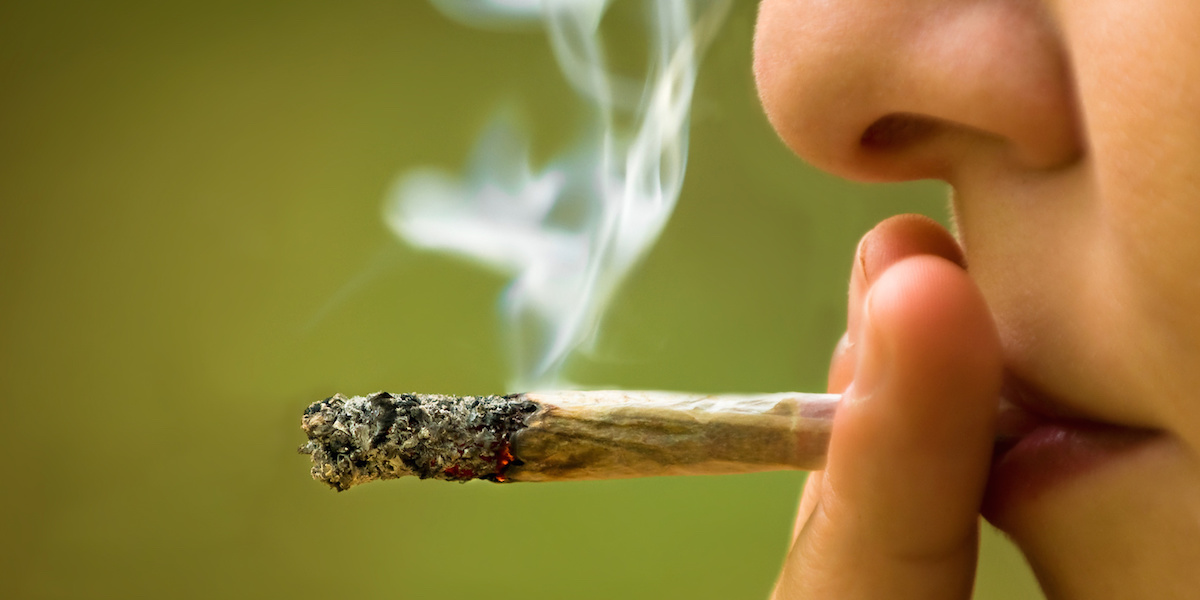
*The following is excerpted from an online article posted on ScienceDaily.
A survey by a Boston University researcher of nearly 33,000 college students across the country reveals the prevalence of depression and anxiety in young people continues to increase, now reaching its highest levels, a sign of the mounting stress factors due to the coronavirus pandemic, political unrest, and systemic racism and inequality.
“Half of students in fall 2020 screened positive for depression and/or anxiety,” says Sarah Ketchen Lipson, a Boston University mental health researcher and a co-principal investigator of the nationwide survey published on February 11, 2021, which was administered online during the fall 2020 semester through the Healthy Minds Network. The survey further reveals that 83 percent of students said their mental health had negatively impacted their academic performance within the past month, and that two-thirds of college students are struggling with loneliness and feeling isolated — an all-time high prevalence that reflects the toll of the pandemic and the social distancing necessary to control it.
Lipson, a BU School of Public Health assistant professor of health law, policy, and management, says the survey’s findings underscore the need for university teaching staff and faculty to put mechanisms in place that can accommodate students’ mental health needs.
One potential bright spot from the survey was that the stigma around mental health continues to fade. The results reveal that 94 percent of students say that they wouldn’t judge someone for seeking out help for mental health, which Lipson says is an indicator that also correlates with those students being likely to seek out help themselves during a personal crisis (although, paradoxically, almost half of students say they perceive that others may think more poorly of them if they did seek help).
Source: ScienceDaily
https://www.sciencedaily.com/releases/2021/02/210219190939.htm

 Teen Loneliness Triggers ‘Reward Seeking’ Behavior
Teen Loneliness Triggers ‘Reward Seeking’ Behavior  The Hidden Mental Health Danger in Today’s High-THC Cannabis
The Hidden Mental Health Danger in Today’s High-THC Cannabis  Early Smartphones May Scar Young Minds
Early Smartphones May Scar Young Minds